Funded projects to help growing U.S. aquaculture sector be informed by latest ‘science and community needs’
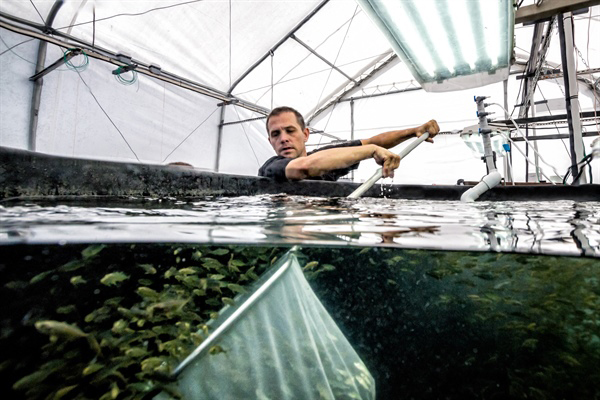
On Sept. 22, NOAA Sea Grant announced approximately $14 million in federal funding across four strategic areas for improving United States aquaculture. The competitively selected projects will advance early-stage propagation strategies for various aquaculture species, marine finfish juvenile production technologies, aquaculture collaboratives and the establishment of an aquaculture information exchange.
“These investments demonstrate Sea Grant’s commitment to sustainably growing U.S. aquaculture throughout coastal and Great Lakes communities,” said Jonathan Pennock, director of NOAA’s National Sea Grant College Program. “The funded projects, which address a variety of challenges, will ensure that growth of the aquaculture sector will be informed by the latest science and community needs.”
Approximately $5.1 million over three years will go to nine research projects to develop and refine early-stage propagation strategies for aquaculture species. The funded projects will enhance knowledge of reproduction, hatchery and nursery strategies for aquaculture species including clownfish, lumpfish and other various marine finfish species, seaweeds and oysters, sea scallops and shrimp. The overall goal is to achieve “a reliable and consistent supply of organisms necessary to sustain commercially-scaled on-growing operations.” Award recipients include California, Florida, Hawai’i, Maine, Maryland, Oregon, University of Southern California and Woods Hole Sea Grant programs.
Another approximately $3.3 million over three years will go four research projects in California, Hawai’i, Maine and North Carolina that will advance marine finfish juvenile production technologies for aquaculture. These projects target marine finfish species of interest that were identified by experts for domestic aquaculture expansion, including almaco jack, California yellowtail and striped bass.
Continuing support of approximately $4.7 million will be given to 11 advanced aquaculture collaboratives, providing a two-year extension for projects led by Connecticut, Hawai’i, Maine, Maryland, Minnesota, New Jersey, New York, North Carolina and Washington Sea Grant programs. The projects span diverse topics including fish and shellfish aquaculture, seaweed production and Indigenous aquaculture practices.
NOAA Sea Grant also selected Virginia Sea Grant to host the Aquaculture Information Exchange in partnership with USDA Regional Aquaculture Centers, with an award of $785,000 over the next four years. The Aquaculture Information Exchange will be an online community that engages individuals from both the public and private sectors with interests in U.S. aquaculture and related topics. The establishment of this exchange represents a joint effort of NOAA Sea Grant, NOAA Fisheries Office of Aquaculture, NOAA Office of Education, NOAA National Centers for Coastal Ocean Science, USDA-ARS and USDA-NIFA, and it aims to enhance collaboration between growers, researchers, hatcheries, industry, government agencies and other parties with an interest in aquaculture.
Download a full list of all the funded projects and descriptions here.
Follow the Advocate on Twitter @GSA_Advocate
Now that you've reached the end of the article ...
… please consider supporting GSA’s mission to advance responsible seafood practices through education, advocacy and third-party assurances. The Advocate aims to document the evolution of responsible seafood practices and share the expansive knowledge of our vast network of contributors.
By becoming a Global Seafood Alliance member, you’re ensuring that all of the pre-competitive work we do through member benefits, resources and events can continue. Individual membership costs just $50 a year.
Not a GSA member? Join us.
Author
-
Responsible Seafood Advocate
[103,114,111,46,100,111,111,102,97,101,115,108,97,98,111,108,103,64,114,111,116,105,100,101]
Tagged With
Related Posts
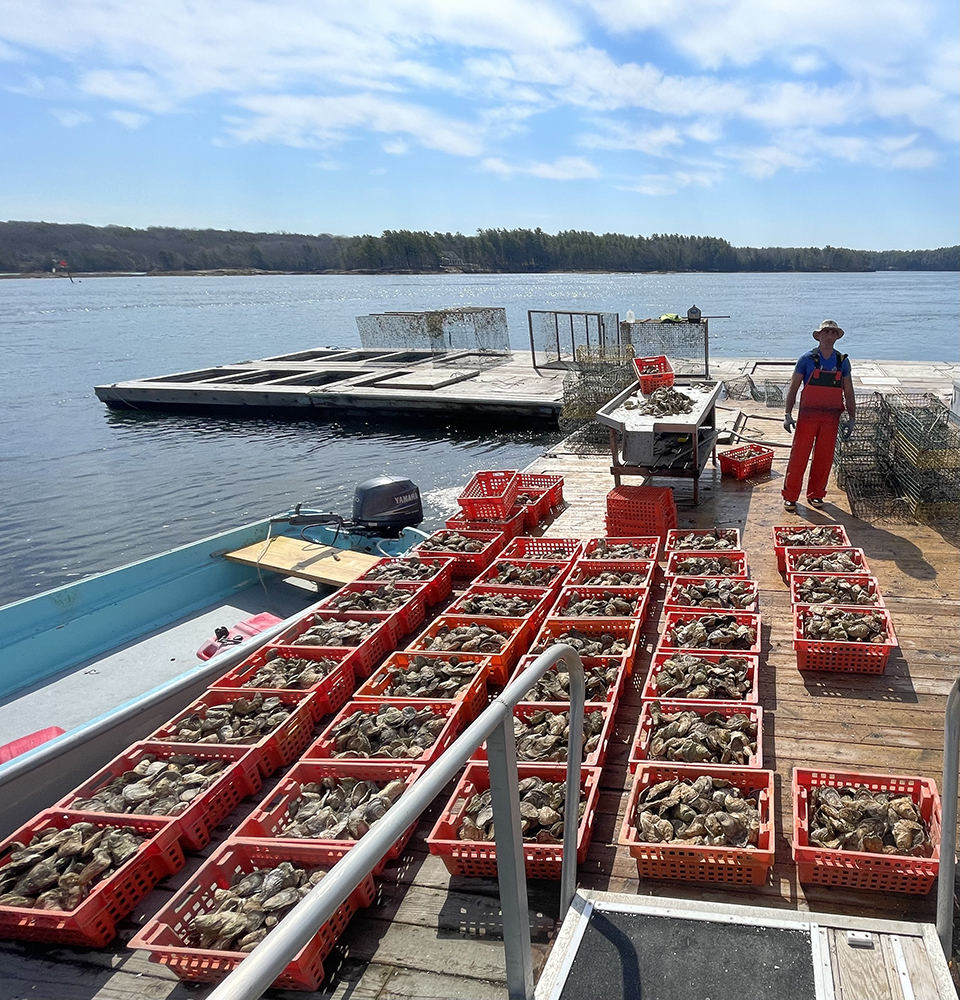
Intelligence
BlueTrace wins $500K NOAA grant for traceability and marketing system
BlueTrace won a $500K grant from the National Oceanographic and Atmospheric Administration to develop an innovative Tide to Table Traceability and Marketing System.
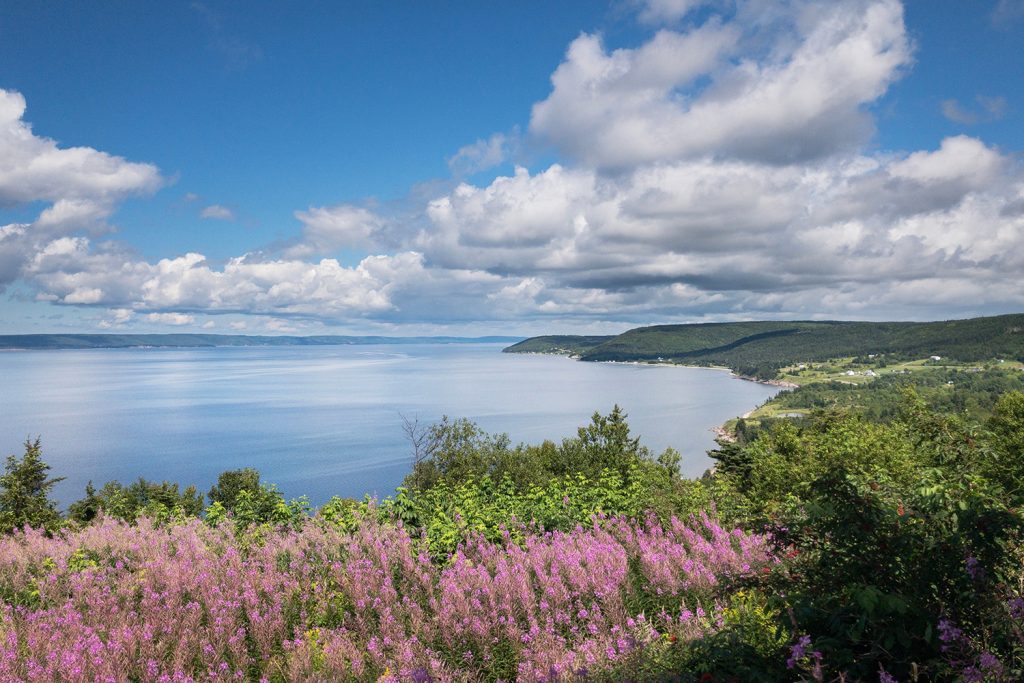
Innovation & Investment
Canadian government aid to boost Cape Breton oyster farming industry
The Canadian government is providing $2 million to help revitalize the Cape Breton oyster farming industry destroyed by MSX parasite.
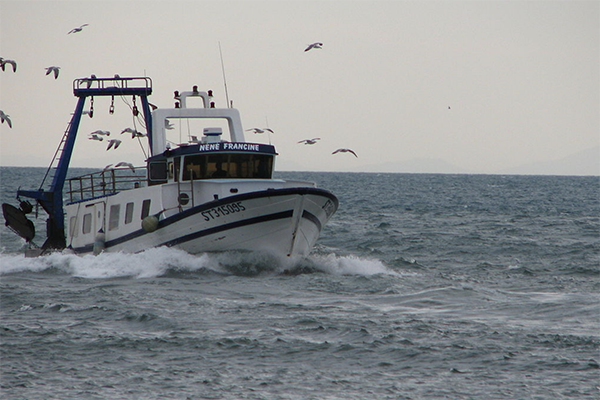
Innovation & Investment
France receives big financial boost to develop aquaculture and seafood sectors
France has received €567 million in funding from the European Commission to help develop the aquaculture and fisheries sectors.
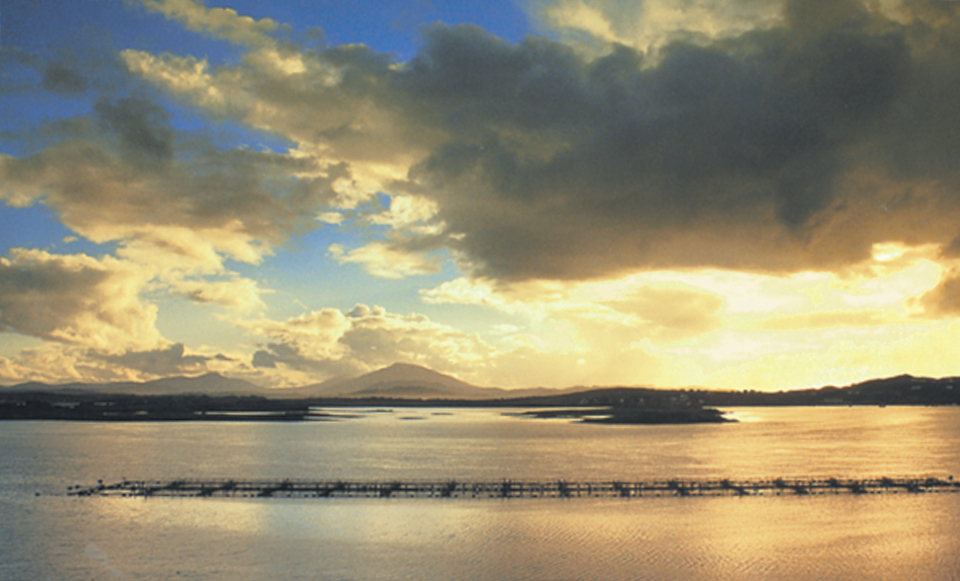
Innovation & Investment
Irish government injects millions into aquaculture projects
The Irish government will devote €20 million in funding for capital investments to boost its aquaculture sector in Ireland.



